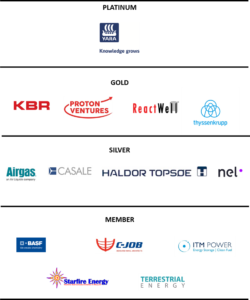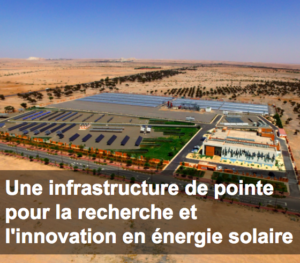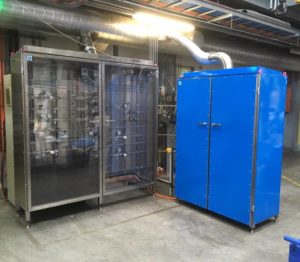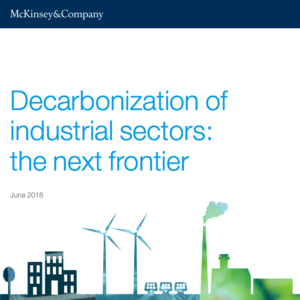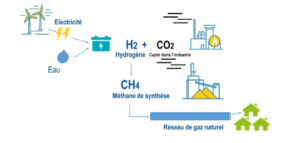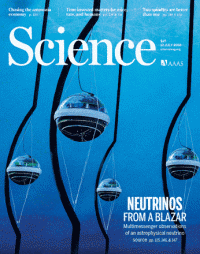Ammonia Energy Association Announces 2018 Industry Members
As newly elected President of the Ammonia Energy Association (heretofore the NH3 Fuel Association; a formal name change announcement will be made in the fall), I am very pleased to announce our first class of industry members. Fourteen companies have joined the Association and thereby made a tangible commitment to ammonia as a clean and affordable staple of the sustainable energy economy of the future. At the Association’s Annual Meeting on August 15, representatives of the member companies elected eight new Directors to the Board. Participation on Board committees was also solicited.
